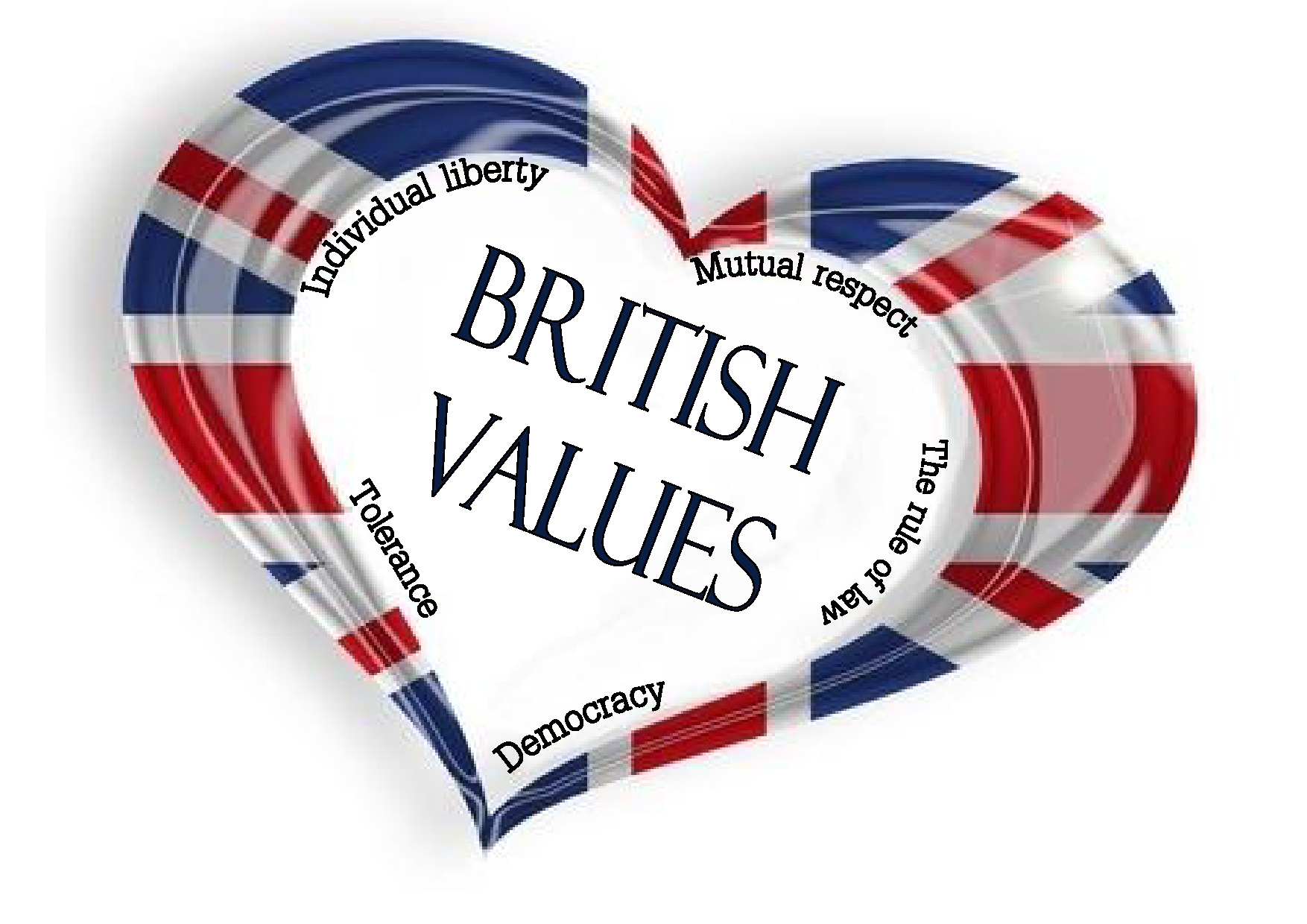 British Values at Wadworth Primary School
British Values at Wadworth Primary School
Assembly Focus: Visit from Sally Jameson (MP)
At Wadworth Primary School we value the diversity of backgrounds of all pupils, families and the wider school community.
The Department for Education states that there is a need:
“To create and enforce a clear and rigorous expectation on all schools to promote the fundamental British values of democracy, the rule of law, individual liberty and mutual respect and tolerance of those with different faiths and beliefs”.
The Department for Education defines British Values as follows:
- Respect for democracy and support or participation in the democratic process
- Respect for the basis on which the law is made and applies in England
- Support for equality of opportunity for all
- Support and respect for the liberties of all within the law
- Respect for and tolerance of different faiths and religious and other beliefs
Our school reflects British values in all that we do. We aim to nurture our children on their journey through life so they can grow into safe, caring, democratic, responsible and tolerant adults who make a positive difference to British society and to the world. We encourage our children to be creative, unique, open-minded and independent individuals, respectful of themselves and of others in our school, our local community and the wider world. Wherever possible, we take a global approach to learning by introducing themes from the perspective of other people in other countries.
We actively promote British values through
Focusing on and showing how the school’s work is effective in securing these values
Challenging pupils, staff, visitors or parents who express opinions contrary to British values
Democracy – what do we do?
· Class voting for the election of school councillors at the start of the year;
· Provide pupils with a broad general knowledge of, and promote respect for, public institutions and services;
· Teach pupils how they can influence decision-making through the democratic process;
· Taught through assemblies and our school curriculum;
· Teach about people in History who fought for civil rights.
· Encourage pupils to become involved in decision-making processes and ensure they are listened to in school;
· Help pupils to express their views;
· Model how perceived injustice can be peacefully challenged;
· KS2 workshops provided by the Houses of Parliament Education Team during Parliament Week.
Rule of law – what do we do?
· Ensure school rules and expectations are clear and fair;
· Class rules and celebration of adhering to these rules;
· Help pupils to distinguish right from wrong;
· Help pupils to respect the law and the basis on which it is made;
· Help pupils to understand that living under the rule of law protects individuals;
· Explore within our Personal Development Lessons laws and what to do if peer pressure is trying to persuade children to break these;
· Promote the Rights Respecting School Articles (on policies, around school, in assemblies etc);
· Teach about ‘Crime and Punishment’ in the past and how rules and the law have evolved.
· Annual visit to Crucial Crew to learn about the law.
Individual liberty – what do we do?
· Support pupils to develop their self-knowledge, self-esteem, self-confidence;
· Encourage pupils to take responsibility for their behaviour, as well as knowing their rights;
· Model freedom of speech through pupil participation, while ensuring protection of vulnerable pupils and promoting critical analysis of evidence
· Challenge stereotypes;
· Implement a strong anti-bullying culture;
· E-Safety units of work are taught throughout school and parents and staff receive training on these.
Mutual Respect and tolerance of different cultures and religions– what do we do?
· Use Picture News within our Personal Development lessons and through dedicated assemblies to explore the protected characteristics of the 2010 Equality Act to promote respect for individual differences and to actively challenge stereotypes;
· Use Picture News assemblies to explore critical news events (e.g. terrorist attacks, Black Lives Matter etc);
· Explore positive role models (where possible) through our topics who reflect the protected characteristics of the 2010 Equality Act;
· Challenge prejudicial or discriminatory behaviour;
· Organise visits to places of worship and visitors into school;
· Our RE scheme ensures that our children have a good understanding of a range of religious beliefs and customs;
· Help pupils to acquire an understanding of, and respect for, their own and other cultures and ways of life;
· Use of oracy hand gesture to disagree in a respectful way with the answers of others whilst in class (ABC – Agree/Build on/Challenge)







